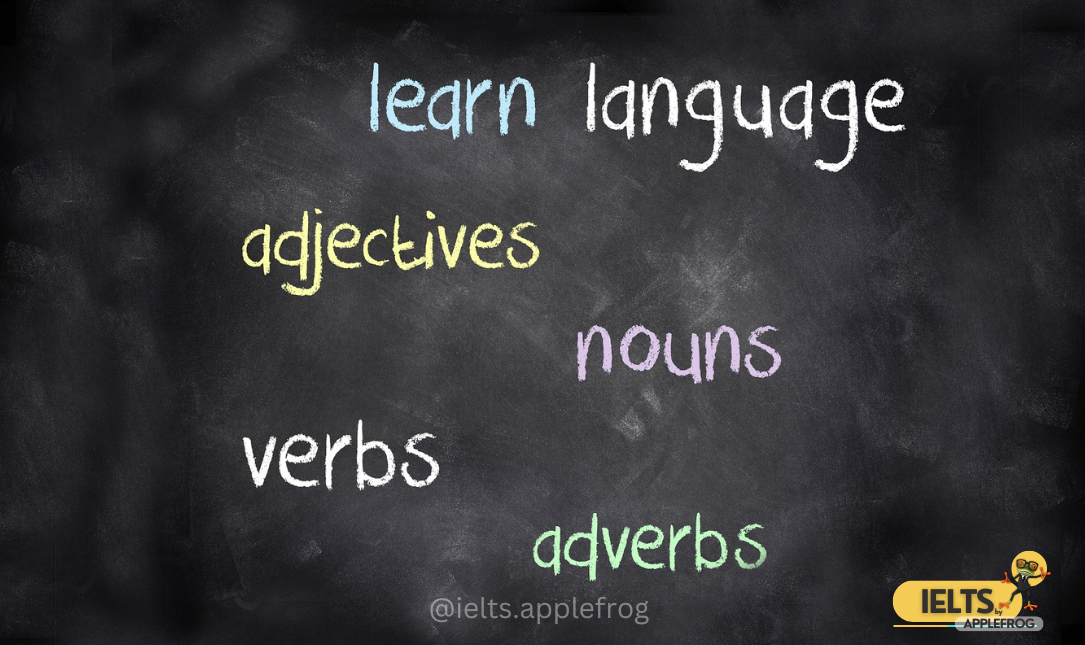
Verbs are fundamental components of the English language. They describe actions, occurrences, or states of being, forming the backbone of sentence structure and meaning. Understanding the different types and uses of verbs is key to effective communication.
Categories of Verbs
1. Action Verbs:
Action verbs indicate physical or mental actions. They can be:
-
Transitive verbs: These require a direct object.
Example: She baked a cake. (The verb “baked” requires the object “a cake.”) -
Intransitive verbs: These do not require a direct object.
Example: He runs daily. (The verb “runs” does not need an object.)
2. Linking Verbs:
Linking verbs connect the subject of a sentence to a noun, pronoun, or adjective that describes or identifies it.
Example: The sky looks beautiful. (The linking verb “looks” connects “sky” to “beautiful.”)
3. Helping Verbs (Auxiliary Verbs):
Helping verbs support the main verb in expressing tense, mood, voice, or aspect.
Example: We are watching a movie tonight. (The helping verb “are” aids the main verb “watching” to indicate the present progressive tense.)
4. Modal Verbs:
Modal verbs express possibility, necessity, ability, or permission.
Example: You can complete this project on time. (The modal verb “can” shows ability.)
Verb Features
1. Verb Tenses:
Verbs change form to indicate the time of action—past, present, or future.
Example: He will visit the museum tomorrow. (The verb “visit” is in the future tense.)
2. Verb Agreement:
Verbs must agree with their subject in number and person.
Example: She enjoys reading books. (The singular subject “she” agrees with the singular verb “enjoys.”)
3. Verb Phrases:
Verb phrases consist of one or more verbs working together to convey meaning.
Example: They might have finished the project already. (The verb phrase “might have finished” indicates possibility and completion.)
Types of Verbs Based on Form
1. Regular and Irregular Verbs:
-
Regular verbs: These form their past tense and past participle by adding “-ed” or “-d.”
Example: play → played (past) → played (past participle) -
Irregular verbs: These have unique forms.
Example: write → wrote (past) → written (past participle)
2. Verb Voice:
-
Active Voice: The subject performs the action.
Example: She completed the task. -
Passive Voice: The subject receives the action.
Example: The task was completed by her.
Verbs play a crucial role in constructing grammatically correct sentences and expressing clear meaning. By understanding their types, tenses, and forms, you can craft sentences that are accurate and impactful.












 Here can be your custom HTML or Shortcode
Here can be your custom HTML or Shortcode
0 Comments